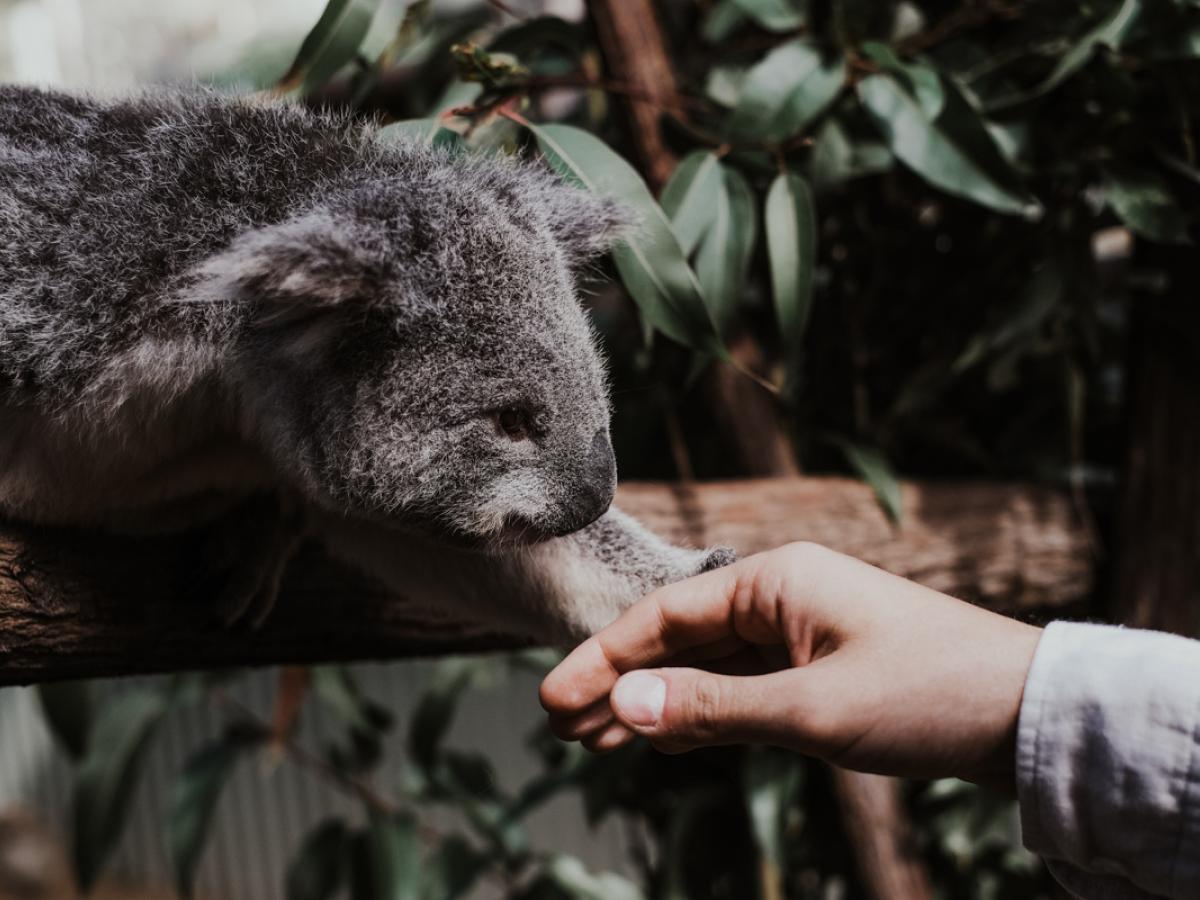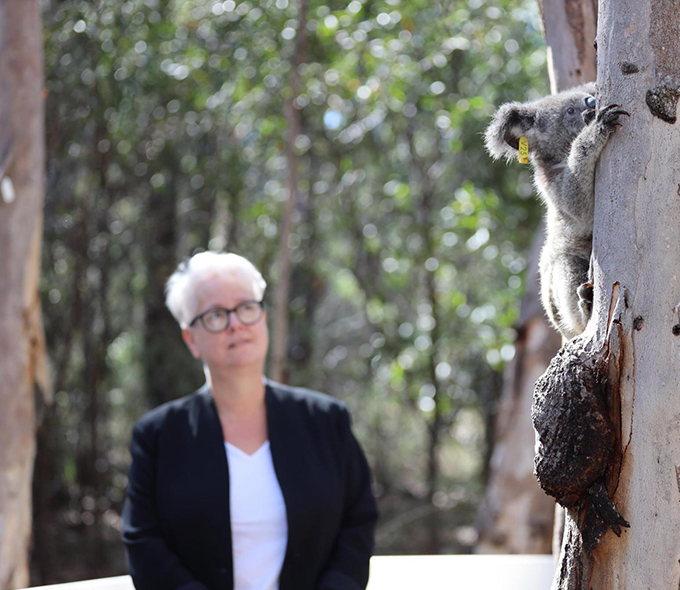A new scientific publication featured in Veterinary Sciences will guide future wildlife rescue and rehabilitation after Australian bushfires.

Photo credit: Valeriia Miller
Dr Natasha Speight, a Senior Lecturer at the University of Adelaide’s School of Animal and Veterinary Sciences, spearheaded the study, analysing clinical data from koalas affected by the 2019/20 Black Summer bushfires.
Beyond fur burns, the study revealed severe footpad burns hindered their tree-climbing abilities and escape from fires.
“By understanding the extent of the burns of the skin in the footpads, as well as furred regions of the body, koalas can be assessed for their likelihood for rehabilitation and release, or if the prognosis is poor,” Dr Speight said.
“Compounding the effect of burns on the health of the koalas, a high likelihood of lung damage due to smoke inhalation has also been found by this study, and this is an important additional consideration for veterinarians triaging rescued koalas.”
The University of Adelaide research was supported by a $54,757 grant from Morris Animal Foundation, which facilitated data collation from comprehensive health assessments of koalas, sample analysis, statistical analysis and extensive collaboration with wildlife rescue groups and veterinarians.
Founded in 1948, Morris Animal Foundation is one of the largest nonprofit animal health research organisations in the world. Its mission is to bridge science and resources to advance the health of animals and has distributed nearly $160 million to more than 3,000 critical animal health studies to date across a broad range of species.
The findings from this project significantly advance understanding of the impacts of bushfires on wildlife, which is crucial for future planning and care coordination.
“These resources can then be used by the government, wildlife carers and veterinarians to assess the prognosis for koalas that have injuries due to bushfires, as well as aid coordination of bushfire response efforts,” Dr Speight said.








